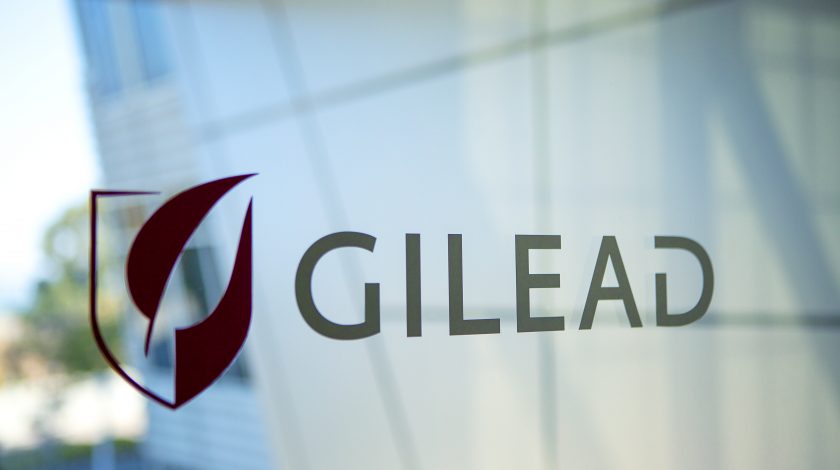Gilead eyes takeover of cancer biotech Tizona, despite its ties to AbbVie

Gilead Sciences’ run of oncology-focused deals has continued with an option to buy cancer immunotherapy specialist Tizona – even though the biotech’s lead drug candidate is already partnered with AbbVie.
Gilead is paying $300m for a 49.9% stake in Tizona, and taking an option to buy the company outright for another $1.25 billion.
Tizona is building a pipeline of drugs that are designed to switch off mechanisms that dampen down immune responses to tumours. Its lead asset – anti-CD39-targeted antibody TTX-030 – was licensed to AbbVie last year for an upfront fee of $105m, and isn’t included in the Gilead deal.
Gilead’s interest is fixed on Tizona’s follow-up candidates, headed by TTX-080, an antibody targeting the immune checkpoint HLA-G, which the biotech describes as an “immune evasion strategy” for cancer cells, as well as two undisclosed preclinical programmes.
TTX-080 is heading for a phase 1b trial later this year, and looks set to be the first drug in the anti-HLA-G class to be tested in humans, according to Tizona.
The company thinks it could be a treatment for a broad range of cancer types, and could have activity in some patients who don’t respond to treatment with PD-1/PD-L1 checkpoint inhibitors such as Merck & Co’s Keytruda (pembrolizumab) and Bristol-Myers Squibb’s Opdivo (nivolumab).
Gilead has the right to buy Tizona outright either before or after the TTx-080 trial generates results, according to the option terms.
The agreement ties into the strategy implemented by Gilead chief executive Daniel O’Day to expand the company’s focus beyond its traditional powerhouses in antiviral drugs into new therapeutic categories, particularly cancer.
This year, Gilead has already bought Forty Seven in a $4.9 billion deal that added immuno-oncology candidate magrolimab, an anti-CD47 drug that generated positive results in a phase 1b trial at this year’s virtual ASCO congress.
Since then it has also taken equity stakes in two other cancer drug developers – Pionyr Therapeutics and Arcus Biosciences – in bolt-on deals that add selected oncology drug candidates.
Those added to other pipeline-boosting deals last year including a wide-ranging, $5.1 billion alliance with Galapagos focused on immunology and fibrosis drugs.
“Tizona is pursuing first-in-class cancer immunotherapies that could make an important difference in oncology by helping patients who don’t respond to current checkpoint inhibitors,” said O’Day.
The deal “adds to the significant progress we’ve made in the first half of this year in building out a strong and diverse immuno-oncology pipeline,” he continued.












